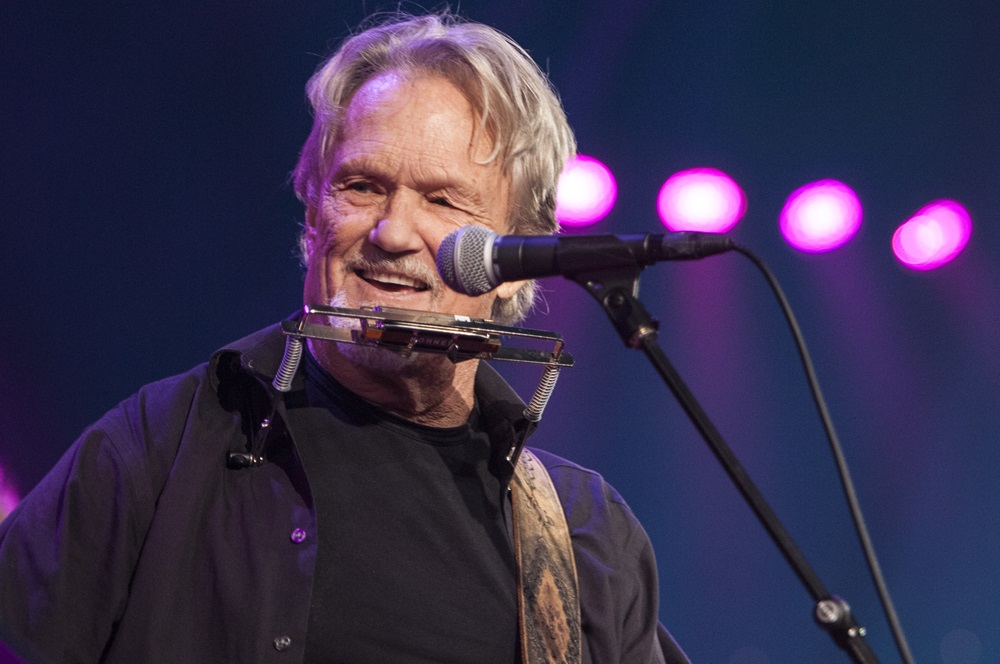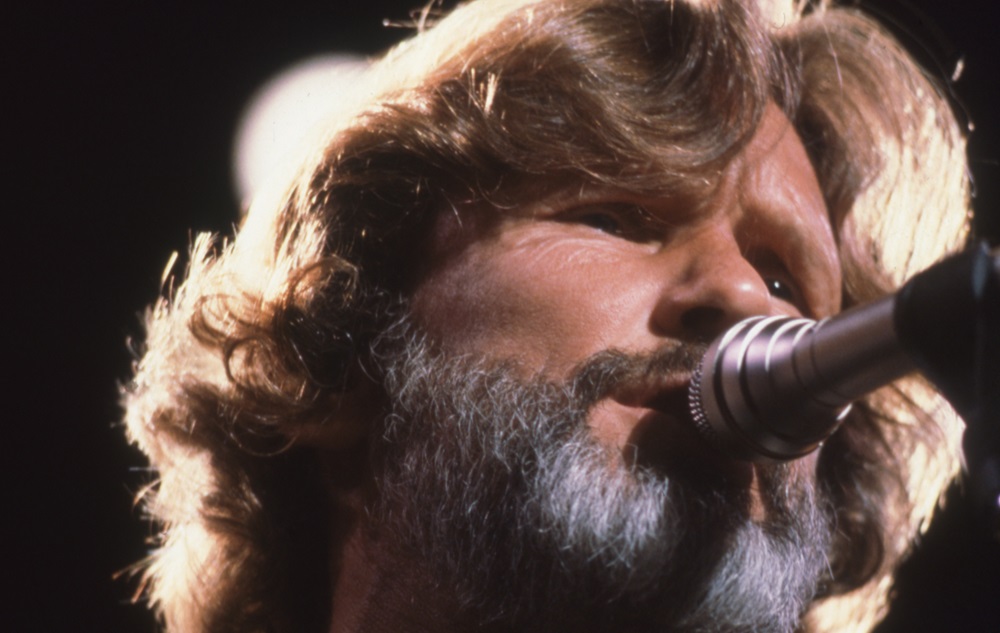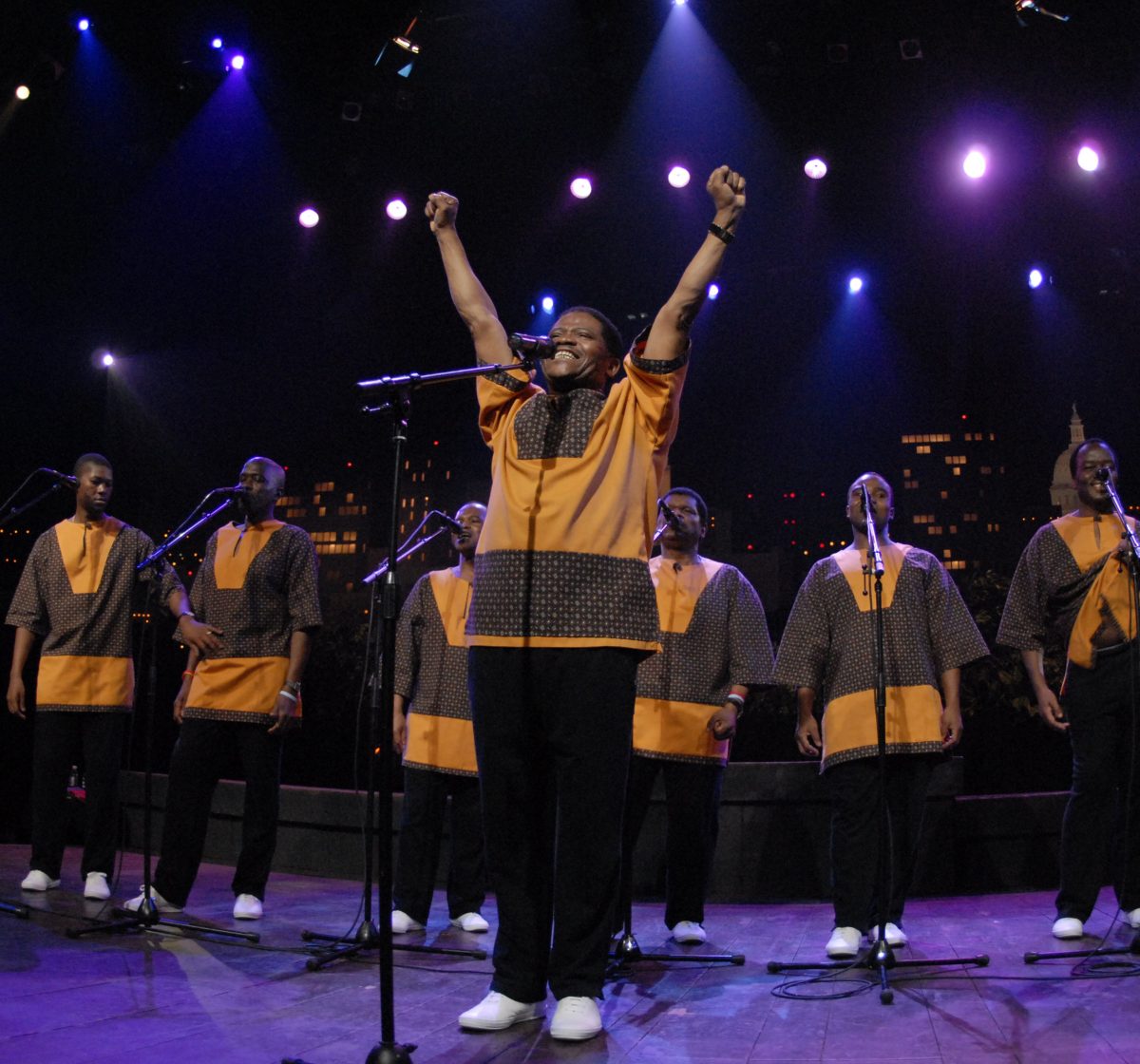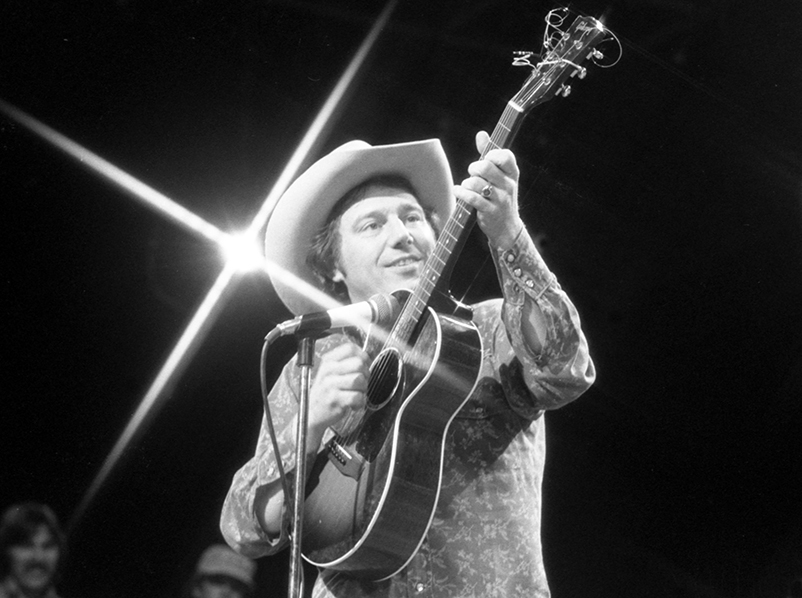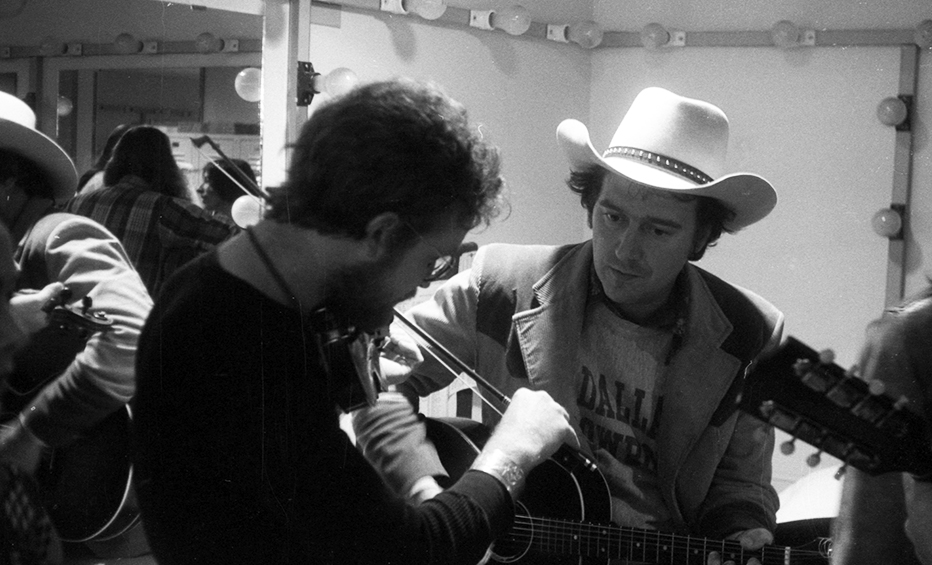Kris Kristofferson – singer, actor, author, activist, United States army captain, helicopter pilot, boxer, football player, Rhodes Scholar, and, most importantly, one of the greatest songwriters to ever pick a guitar – died peacefully on Sept. 28, 2024 at the age of 88. He appeared on Austin City Limits four times – as a headliner in Seasons 7 and 35, as part of a songwriters special with Willie Nelson, Waylon Jennings, Billie Joe Shaver, and Kimmie Rhodes in Season 22, and as a special guest performer on Austin City Limits Celebrates 40 Years. He was inducted into the ACL Hall of Fame in 2016 by Rodney Crowell with a musical salute by his longtime friend Willie Nelson.
It’s nearly impossible to adequately express the impact of the man’s work on American popular culture. Admired by legends like Bob Dylan, John Prine, and Elvis Costello, the Brownsville native almost single handedly evolved country music beyond its roots and into the modern world. Though he carried a deep respect for the music’s traditions, he also injected the form with fresh ideas, incorporating the changes in American culture and life into his work, especially through his brilliantly composed lyrics. It may seem strange now, but a song like “Sunday Mornin’ Comin’ Down” – raw, unsentimental, but written like the student of William Blake he was – was considered too shocking to be on country radio in 1969. That didn’t stop Ray Stevens and Johnny Cash from covering it, the latter making it a number one hit on the country charts and launching Kristofferson’s career into the heavens.
Kristofferson spent a good chunk of his life on a different kind of stage, acting in a wide range of films like A Star is Born, Heaven’s Gate, Lone Star, Pat Garrett & Billy the Kid, Alice Doesn’t Live Here Anymore, Cisco Pike, Semi-Tough, Songwriter (with his longtime friend Willie Nelson), and the Blade trilogy. He also formed the band the Highwaymen with Nelson, Waylon Jennings, and Johnny Cash – if ever there was a band that truly earned the title “supergroup,” it was that one.
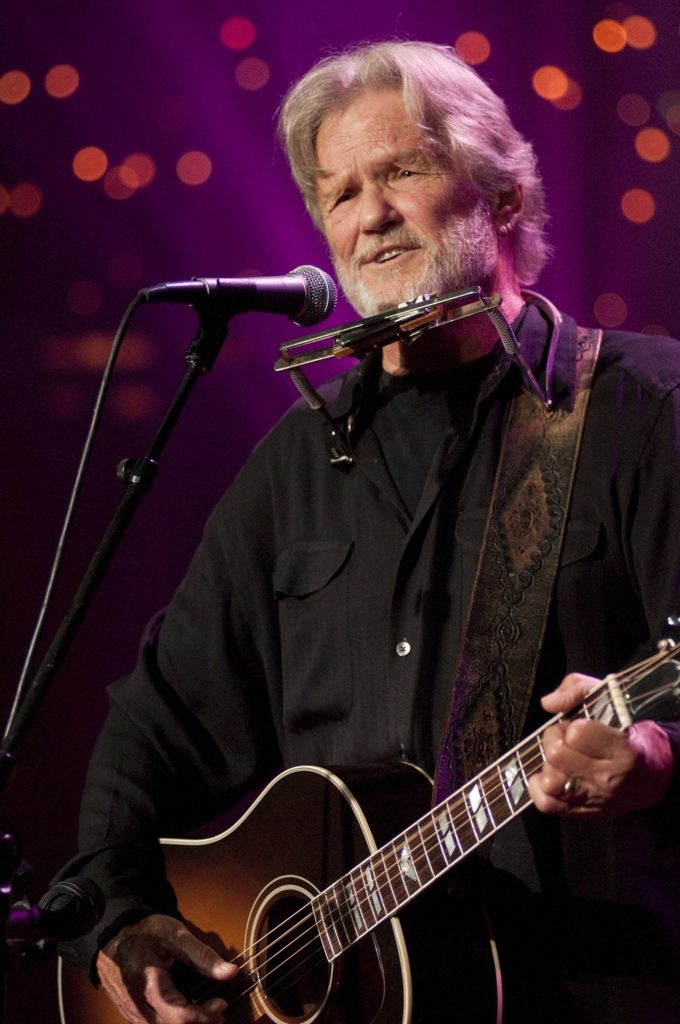
And of course he recorded bestselling albums of his own, earning hits under his own name with “Loving You is Easier (Than Anything I’ll Ever Do Again)” and “Why Me,” and scoring plenty of hits sung by others, including Ray Price (“For the Good Times”), Sammi Smith (“Help Me Make It Through the Night”), Jerry Lee Lewis (“Once More With Feeling”), Faron Young (“Your Time’s Comin’”), Roger Miller (“Me and Bobby McGee”), and Janis Joplin (also “Me and Bobby McGee”). That’s merely the tip of the iceberg of classics from Kristofferson’s pen – let’s not forget “The Pilgrim, Chapter 33,” “The Silver Tongued Devil and I,” “Border Lord,” “Chase the Feeling” (which made an appearance on the ACL stage in the hands of Emmylou Harris & Rodney Crowell), “Casey’s Last Ride,” “Best of All Possible Worlds,” “Closer to the Bone,” “Nobody Loves Anybody Anymore,” “Blame It On the Stones,” and “A Moment of Forever,” among many, many others. It’s a long list, and one most songwriters would envy.
“Freedom’s just another word for nothing left to lose” – that indelible line from “Me and Bobby McGee” couldn’t have come from anyone else. It’s probably the reason why that song has been covered so often – who doesn’t want to be able to sing the line at least once, pretending you wrote it? Kristofferson’s songs connect across genres and generations, and will be his ultimate legacy. He wrote this in Esquire in 1999: “Tell the truth. Sing with passion. Work with laughter. Love with heart. ‘Cause that’s all that matters in the end.” No wonder his work is and will continue to be respected, beloved, and cherished.
From the bottom of the hearts of everyone at Austin City Limits, thank you, Kris Kristofferson, for the music, the memories, and the magic.
